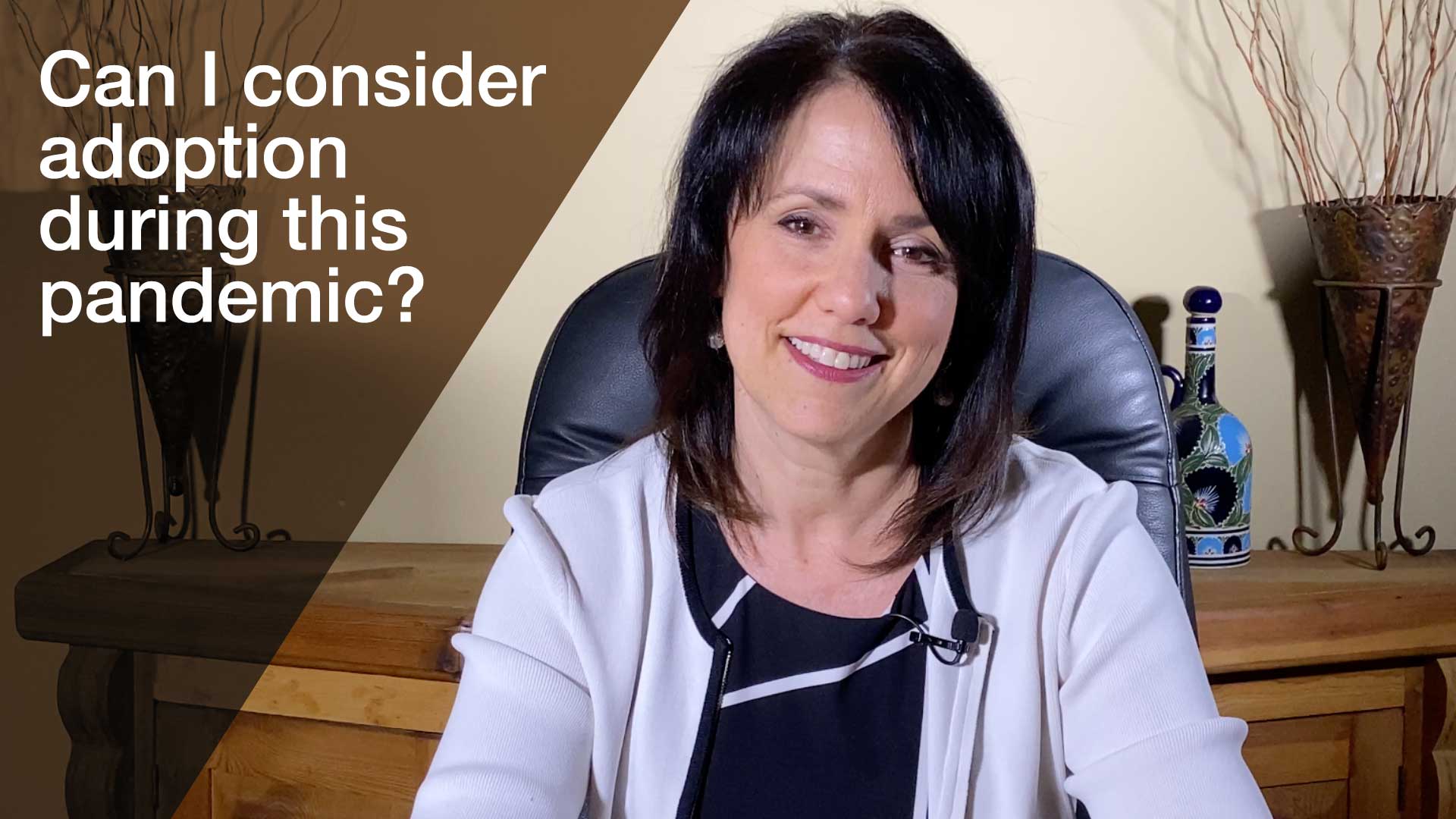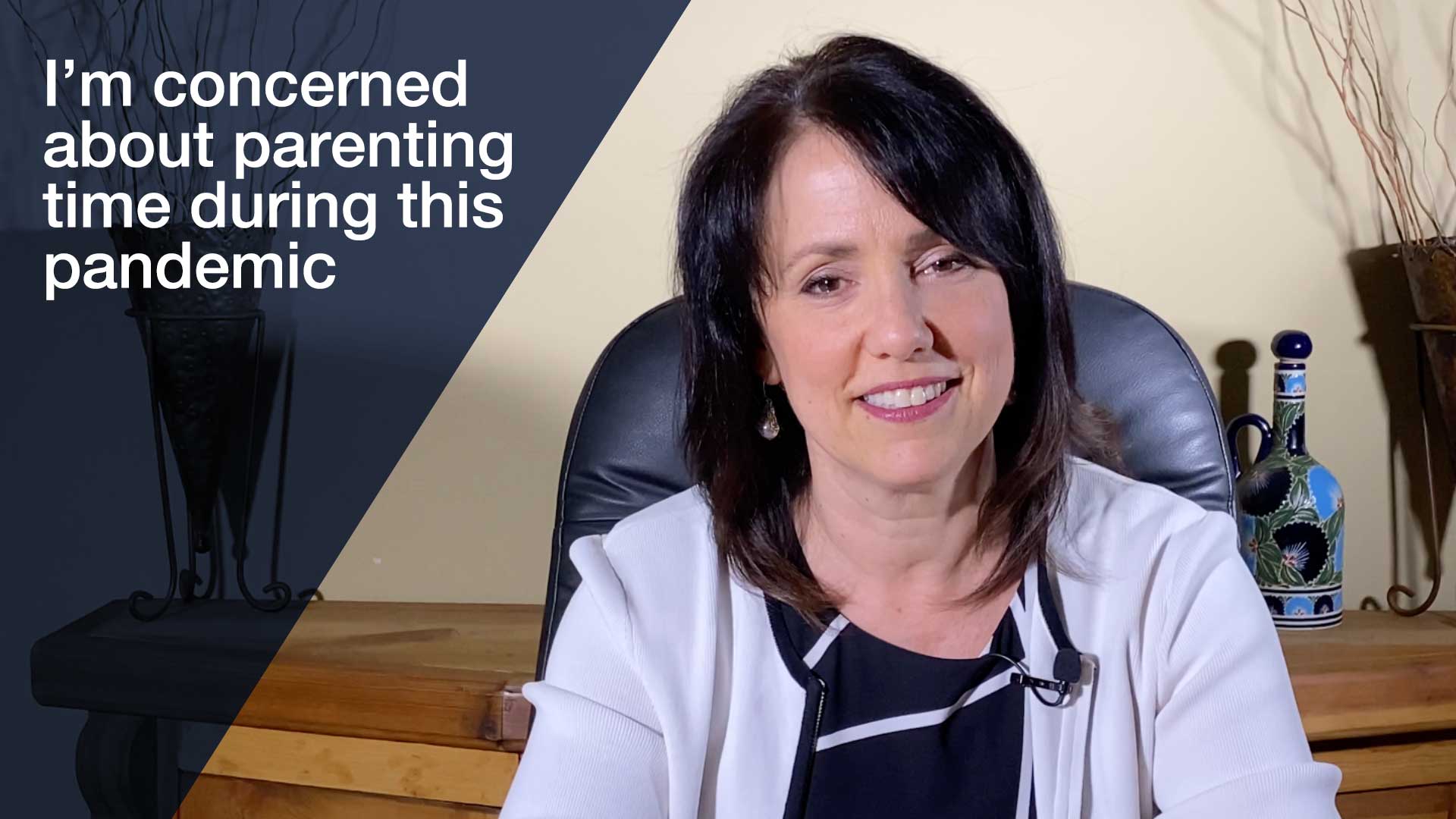In New Jersey, married couples, civil union partners, and single individuals are permitted to adopt children. Prospective adoptive parents who do not reside in New Jersey are also permitted to adopt in this state if they are working with a New Jersey approved agency. Those who reside in New Jersey can also adopt a child born in another state if certain interstate requirements are met.
Several different types of adoption are recognized by New Jersey:
1. Agency adoptions in which the child is placed with the prospective adoptive parent(s) by a New Jersey approved agency;
2. Private Placement Adoptions in which the child is directly placed with the adoptive parent(s) by a birth parent (though agency supervision is then required);
3. Re-finalizing Foreign (international) Adoptions;
4. Relative adoptions; and
5. Step-Parent Adoptions.
All adoptions in New Jersey must be finalized by the Superior Court of New Jersey. Upon finalization of adoption in New Jersey, adoption records are sealed and a new birth certificate is issued with the adoptive parent(s) named as the parent(s) of the child.
AGENCY ADOPTIONS
When adoptive parents seek to adopt a child through an approved agency, the child is placed with the adoptive parents by the agency. In such circumstances, the agency will have the birth mother, and sometimes the birth father, sign a surrender of parental rights at least 72 hours after the birth of the child. That surrender is binding upon the birth parents and cannot be attacked absent a showing of fraud, duress or undue influence on the part of the agency in taking the surrender. As a result, a birth parent who has signed an agency surrender is not entitled to notice of the date of the court adoption hearing. This makes New Jersey a very attractive place for families to adopt, as there are no lengthy waiting periods during which the birth parents may come back and disrupt the placement. The preliminary and final hearing is generally handled at one time in an agency adoption.
PRIVATE ADOPTIONS
In a private placement adoption, a child is placed with the prospective adoptive parent(s) directly by the birth parent(s) rather than through an approved agency. However, a home study and post-placement supervision by an approved agency is still required, and an agency will be assigned by the court at a preliminary hearing. In a private adoption, the birth parent(s) may consent to the adoption but do not sign surrenders, which can only be executed through an approved agency. That means that while the consents submitted to the court will be considered as evidence of the birth parents’ intention to give up their parental rights, they consent to adoption is not binding upon the birth parents or the court.
In a private placement adoption, therefore, the birth parents must be notified of the proceeding and afforded the opportunity to appear at the final hearing and contest the adoption. Their parental rights are not terminated until the final hearing, unless a separate termination proceeding is conducted prior to that. In addition, the birth parents are entitled to counseling, legal representation, and have other rights that must be protected and properly documented throughout the adoption process.
The best way to assure these legal standards are met is to work with an experienced adoption attorney such as Deena Betze at BorgerMatez to finalize the adoption of your child.
OPEN ADOPTIONS
Agency and private adoptions can be “open” (by agreement only), in which the adoptive family maintains some agreed-upon level of contact with the birth parent or birth family, or “closed,” in which there is no contact between the adoptive and birth families following finalization. New Jersey courts do not currently have the authority to enforce or recognize open adoptions.
FOREIGN ADOPTIONS
Parents who reside in New Jersey and adopt a child from a foreign country may want to re-finalize the adoption in New Jersey for a variety of reasons. Often, they feel it is an easier path to obtaining a New Jersey birth certificate for their child, though re-finalization is not required in order to obtain a New Jersey birth certificate. Depending upon the adoption procedure utilized in the foreign country, how the child entered this country, and other factors, re-adopting in the United States may be a path to citizenship for the child if it was not already obtained.
Sometimes, adoptive parents simply feel that obtaining a judgment of adoption in New Jersey in addition to the foreign adoption decree obtained in the foreign country provides an additional level of protection and finality. In any case, this is usually an abbreviated process that does not require the adoptive parents to obtain an additional home study and usually involves only one post-placement supervisory report.
STEP-PARENT OR RELATIVE ADOPTIONS
Often a step-parent or another relative may seek to adopt a child. The prospective adoptive parent (step-parent or other relatives) must file a petition for adoption. While clearances and background checks for the prospective adoptive parent(s) and other adult household members are still required in a step-parent or relative adoption, the court in New Jersey has the discretion to dispense with the home study and post-placement supervision, and require only a limited investigation. Uncontested relative or step-parent adoptions are usually a more streamlined process, but there are still timelines and procedures which must be strictly followed.
CONTESTED ADOPTIONS
Sometimes, an adoption placement becomes contested, usually by a biological parent. Objections to adoption by persons entitled to notice of the proceeding are governed by specific rules and deadlines. The standard of decision for New Jersey courts in a contested adoption is the best interest of the child. If the court finds that the contesting birth parent has failed to exercise the normal parental functions of care and support of the child, remains unable to do so, and that inability is unlikely to change in the immediate future, a judgment of adoption will be entered over their objection. The law in this area is complex and varies considerably from state to state. New Jersey law is rooted in this state’s public policy of providing finality of familial relationships for children and safeguarding the needs and rights of children in need of the protection of the court. This is one reason New Jersey is considered an “adoption friendly” state.
The legal process of adoption can be complicated. There are specific time restrictions that must be adhered to, legal requirements that must be fulfilled, and clearances that must be obtained in order to finalize an adoption. Deena Betze at BorgerMatez has over 25 years of experience in handling all types of adoptions in New Jersey. Deena can including assist you in navigating the steps necessary to finalize the adoption of your child and provide advice if you are considering adoption.









